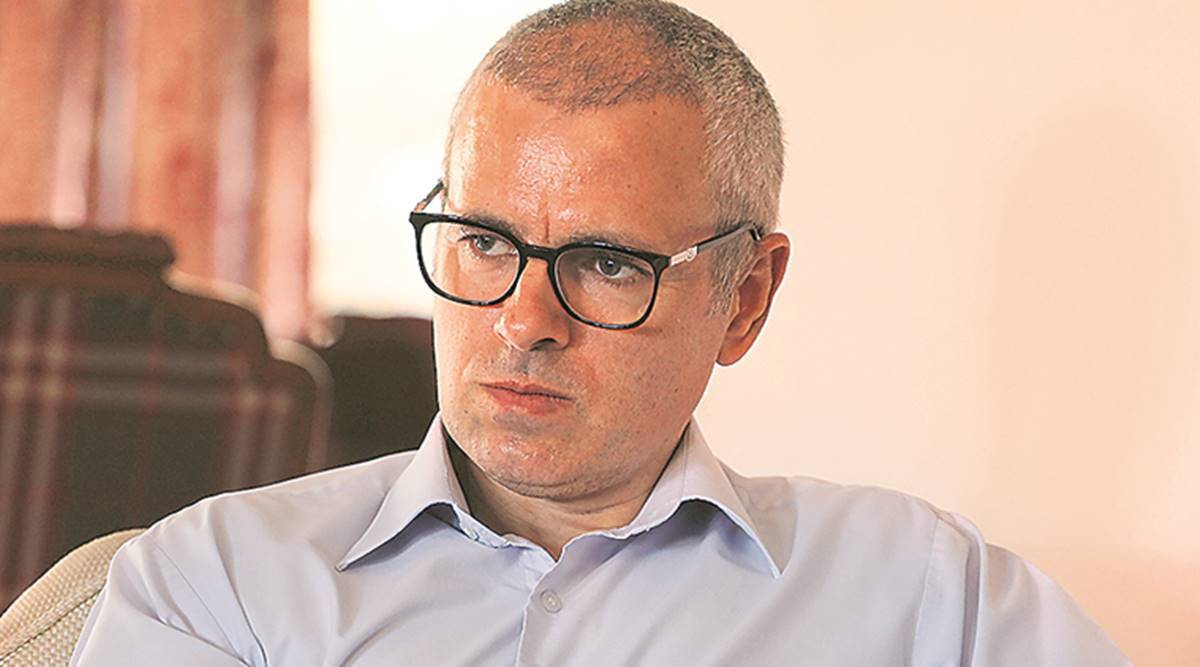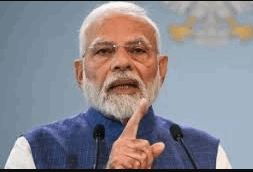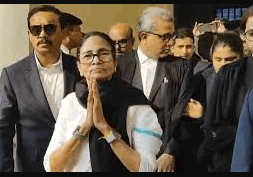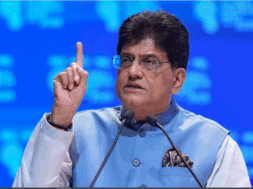
“I Consider Return of Kashmiri Pandits from the Valley my Personal Failure:” Omar Abdullah
NEW DELHI, June 6: The former Jammu and Kashmir Chief Minister Omar Abdullah has said he considered the failure of the Prime Minister’s employment package for migrant Kashmiri Pandits and their reported second exodus in view of the recent spate of targeted killing as his “personal failure.” He said though the current security situation might give him a short-term political handle “with which to beat the BJP,” not everything in J&K should be weighed in terms of its “political benefits and costs. There are some things that are far more important. This is one of those,” he added.
Referring to the recent spate of civilian killings in the Kashmir Valley following several Kashmiri Pandit government employees have started leaving the Valley. “I was part of the government that brought this (PM’s employment) package in and implemented it. Its failure, I will consider my failure,” Abdullah said. “Every single one of the employees who goes back from here, I consider a personal failure on my part. I would be the last person who would want to see them leave.”
Revenue Department employee Rahul Bhat who was shot dead on May 11 got the job as part of the employment package. The job scheme was announced in 2008 by then Prime Minister Manmohan Singh with the aim of drawing Pandit migrants back to the Valley and their eventual return and rehabilitation there.
Bhat lived in a secure accommodation at Sheikhpora, Budgam, which is Kashmir’s oldest and biggest such colony for Pandits. He was shot dead at his office, some distance away. In the past month, suspected militants have also killed a Hindu teacher from Jammu (Rajni Bala), a bank employee from Rajasthan (Vijay Kumar), a brick kiln worker from Bihar (Dilkhush Kumar), and an artist from Budgam (Amreen Bhat). Two minors were also injured in these attacks.
Abdullah said the claims in the immediate aftermath of the revocation of Article 370 on August 5, 2019, about the law being the root cause of terror were not being borne out on the ground. “The claim that Article 370 was essentially the root cause of terror, violence, separatism … and that it was essential to completely hollow out this part of the Constitution for J&K to normalise. A lot of people bought into that argument and we are now almost three years into that development but none of that seems to have been borne out on the ground,” he said.
The former J&K CM underscored that the attacks made it clear “that there are few if any red lines for them (militants)”. He said, “They have attacked unarmed civilians of course, but in that they’ve had no hesitation in children being collateral damage. That is unacceptable. As it is there is no justification for killing unarmed civilians but when you compound it by attacking children, there is something seriously wrong with that.”
Speaking about the nature of the attacks, the NC leader said the growing militant footprint, as well as the brazenness of the attacks, was worrying. “The militant footprint has widened and the attacks are bolder. Just look at the nature of the attacks. You have a Kashmiri Pandit government employee killed in his office. You have a bank manager, killed sitting in his branch. The way in which Amreen was shot point-blank. Similarly with off duty police personnel. The brazenness with which this is being done, this is our reality.”
The former CM said the majority community in J&K had a far greater responsibility to make members of minority communities feel safe. “We are all in this together. Literally, we sink or swim together in this. It is not for me to tell them to put their lives at risk. It would be singularly wrong on my part to do that but we also can’t let these people succeed at what they want to do. That is why it’s so important that the government finds that middle ground that allows people to do their work but also do it with an element of safety that they don’t have right now.”
Abdullah said development had never been an answer to militancy in Jammu and Kashmir. “Every government has had its own flaws which are more political in nature but there’s no government about which you could single out and say they did nothing on the ground vis-a-vis development. I don’t think that a single one of the militants with guns, if caught, is going to say, I am unhappy because I didn’t get a road to my village. What is driving them is a lot deeper than that. And this is what we are unwilling to discuss.”
(Manas Dasgupta)













